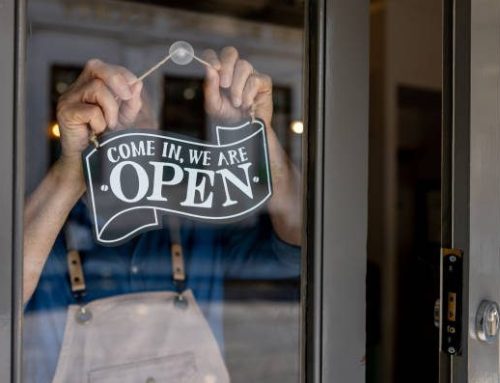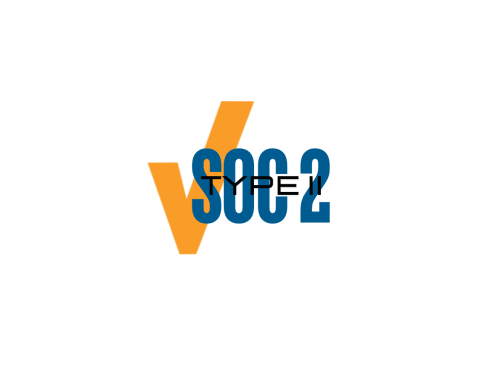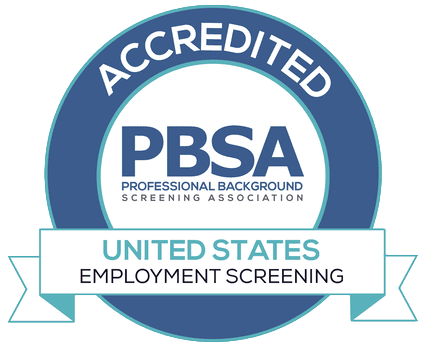Drug screening can be just as important as background screening when it comes to protecting a business or organization.
Regular drug screenings protect organizations and ascertain whether employees are physically and mentally fit to perform their duties.
Why Do You Need a Drug and Background Screening Policy?
While there is no overarching federal requirement for drug screens at work, there are many individual institutions and careers where it’s 100% required.
On top of that, with many drugs being decriminalized, certain drugs may be seen as “okay” or “safe,” when in fact they’re anything but for employees and employers alike. With more drugs in the workplace, a drug screening policy can literally save lives.[AF1]
The Resources for Creating the Best Policy
We’ve included a template in this article that makes for a great starting place for any organizations drug policy. The boilerplate version works great for most instances, but the template can of course be customized and expanded on.
The 3 Items Your Policy Can’t Miss
Any solid drug and background screening policy has a few items in common. Here are three you have to consider and make decisions about before you implement anything.
1. FREQUENCY OF DRUG TESTING
How often do drug screenings occur? Are they random? How will your random sample be attained? Do they happen at the beginning of employment? Or do they simply occur after an accident?
Random drug testing can keep employees on their toes and may protect the company from discrimination lawsuits: If the testing occurs randomly, no one has a case for being targeted for a specific reason.
2. CONSISTENCY IS KEY
An organization cannot only test certain applicants – if the company tests applicants, it must test all applicants. It can’t be “eyeballed” based on the appearance of the applicant. If one person gets tested, they all get tested. Otherwise, the company is at risk for legal action.
This also applies to the kind of drugs found that can terminate employment. If marijuana and non-prescription opiates are deal breakers, they must always be deal breakers. Allowing one employee through while another gets fired can lead to real trouble down the road.
3. DEPARTMENT OF TRANSPORTATION COMPLIANCE
The Department of Transportation (DOT) is a federal bureau that oversees all regulations for vehicular transportation. All drivers and vehicle operators are subject to its purview and must pass drug screening and background checks in order to work.
Any organization that employs drivers should familiarize themselves with all the associated laws.
DOT compliance can be difficult to manage, but Application Verification can help with that.
Protect Your Company with a Smart Drug Screening Policy
Obviously, an organization must check the laws in its state or area to more thoroughly protect itself. See the ACLU’s website for more information on a state-by-state basis. Background screening can be a legal minefield, so make certain to follow all regulations in your area.
A coherent and well-thought-out drug screening policy protects employees and employers and should be a top priority for any organization.
Contact ProVerify™ powered by Application Verification to help you set up and execute a solid drug screening program.
References
National Center for Biotechnology Information (1994), Impact of Drug Testing on Productivity, retrieved from
https://www.ncbi.nlm.nih.gov/books/NBK236244/
ACLU, n.d., Workplace Drug Testing Laws by State, retrieved from
https://www.aclu.org/other/state-state-workplace-drug-testing-laws
Gifford Lum, MD, Barry Mushlin, MA, Boston Healthcare System, Approaches to Screening and Drug Testing, retrieved from
https://watermark.silverchair.com/labmed35-0368.pdf
[AF1]We are currently staying away from the legalized marijuana discussion until there have been more legal rulings to set a precedent.





